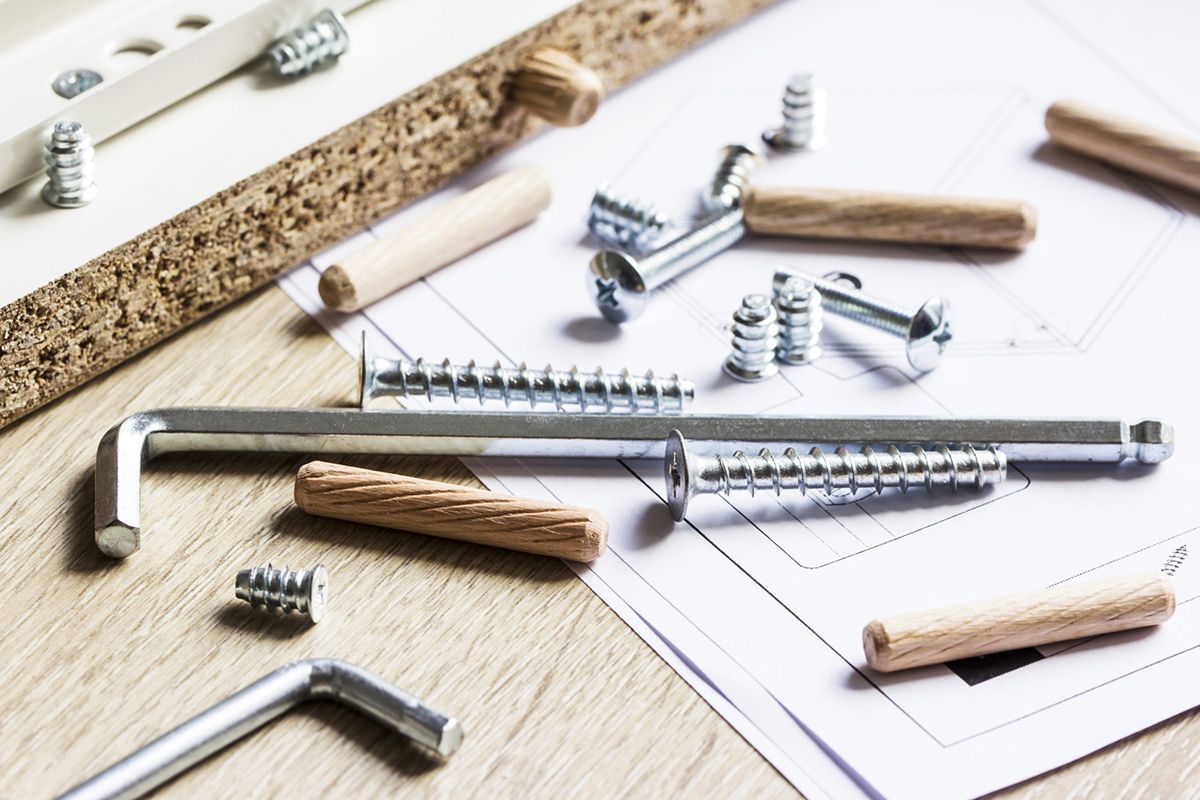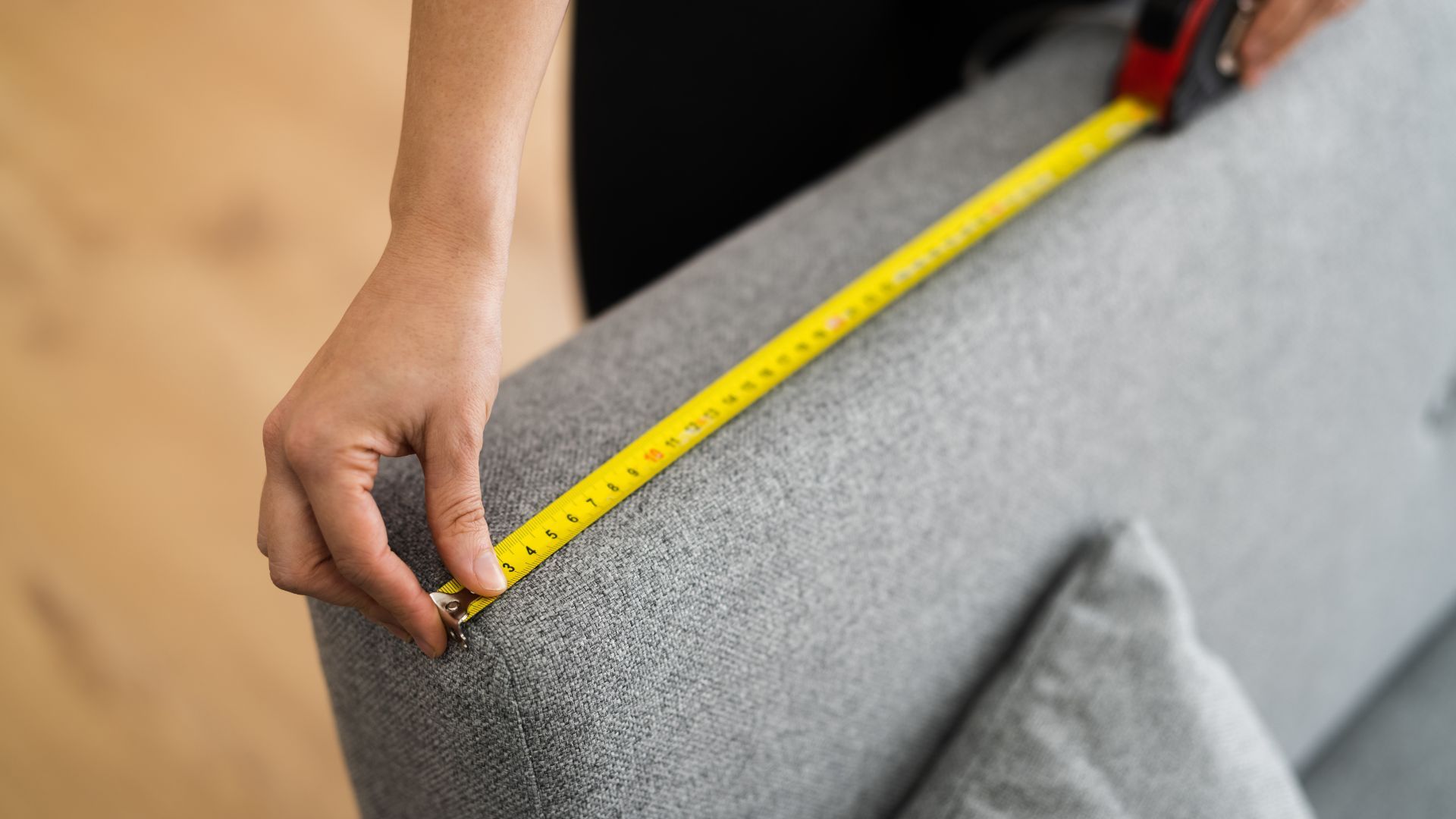Key Points to Purchasing Office Furniture for Small Businesses
Many business owners in the Greater Toronto Area (GTA), would tell you that selecting the right office furniture is crucial for fostering productivity and enhancing employee satisfaction. With countless options available, the decision-making process can feel overwhelming. This guide aims to simplify your purchasing journey by covering essential aspects such as budgeting, furniture types, and vendor selection. Investing in high-quality office furniture comes with numerous benefits. Ergonomic designs help alleviate discomfort, thereby reducing distractions and boosting employee productivity. Moreover, aesthetically pleasing furniture creates an inviting environment, improving brand image and employee morale. To make informed decisions, it’s essential to establish a budget that accounts for both initial expenses and long-term savings from durable investments. Whether you're equipping a new office or upgrading your existing space, understanding the essential elements of office furniture selection will empower you to create a workspace that fosters collaboration, creativity, and efficiency. Dive into the details that matter most and ensure your office reflects the professional image you want to project while supporting your team's needs.
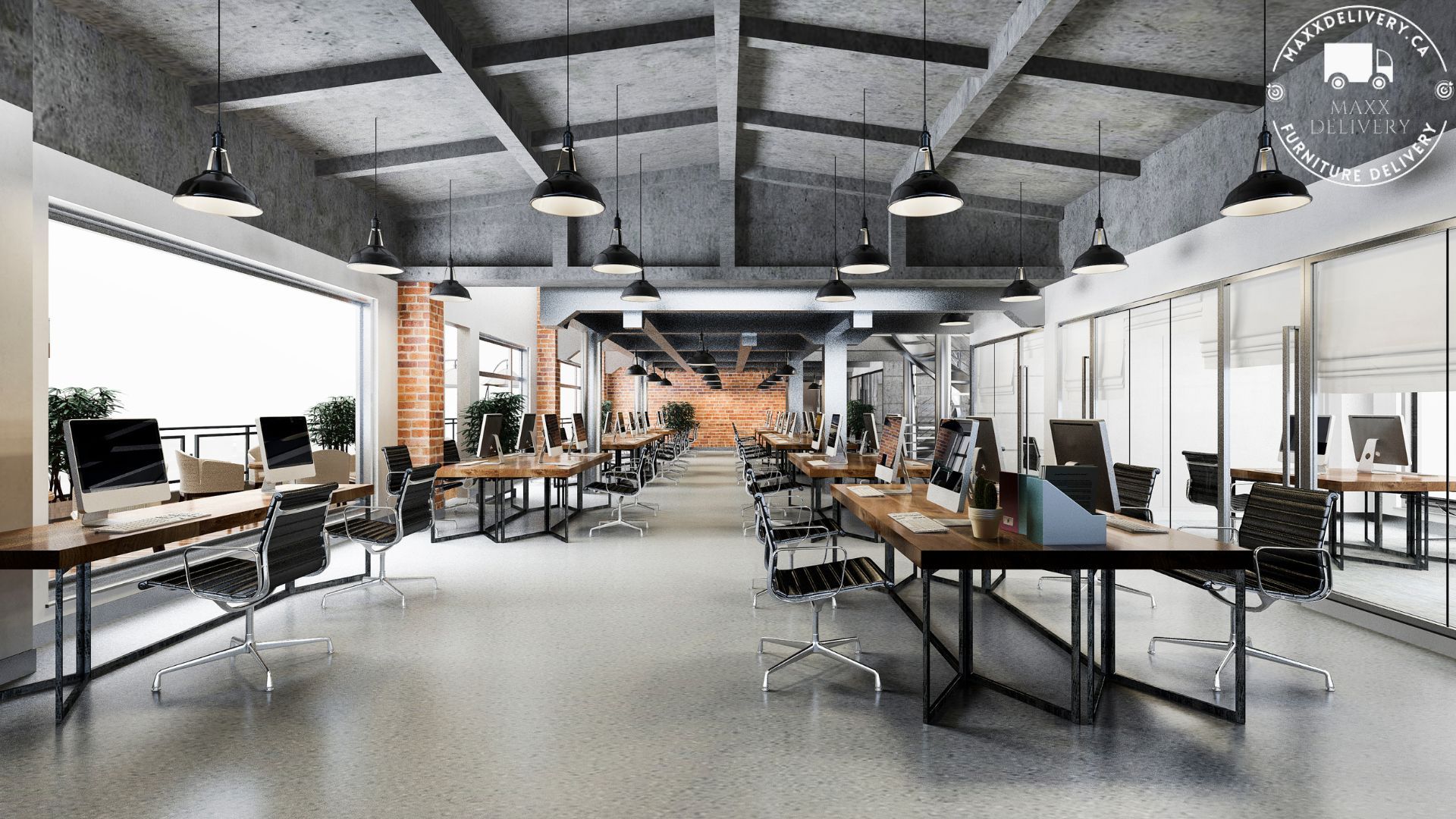
The Benefits of Quality Office Furniture
Investing in high-quality office furniture yields numerous advantages for your business. Firstly, well-designed furniture significantly boosts productivity. Ergonomic chairs and desks minimize discomfort, reducing distractions caused by physical ailments like back pain. Secondly, quality furniture positively impacts employee health and well-being. Poorly designed pieces can lead to musculoskeletal disorders, increasing absenteeism. By opting for ergonomic solutions, you foster a healthier workplace and minimize work-related injuries. Additionally, aesthetically pleasing office furniture creates a welcoming atmosphere for clients and visitors, enhancing your brand's image and improving employee morale. Lastly, investing in durable furniture can lead to long-term cost savings by reducing the frequency of replacements and repairs.
Budgeting for Office Furniture
Before starting your office furniture shopping spree, establishing a budget is vital. Start by assessing your needs, and listing the required furniture pieces and quantities based on your office size and the number of employees. Once you have a clear inventory, set a budget that reflects the investment quality. Remember, spending slightly more on durable items can save you money in the long run. If budget constraints exist, explore financing options such as vendor payment plans or leasing. Finally, account for additional costs like shipping, assembly, and installation services to avoid surprises later.

Types of Office Furniture to Consider
When purchasing office furniture, several essential types should be on your radar. Desks serve as the backbone of any workspace, available in various sizes and materials such as wood, metal, and glass. Ergonomic chairs, including task, executive, and conference chairs, are crucial for employee comfort and support. Storage units, such as filing cabinets and bookshelves, keep the office organized and clutter-free. Conference tables facilitate meetings and discussions, with options featuring built-in power outlets and cable management. Lastly, reception furniture, including chairs and sofas, creates a welcoming environment for visitors, setting the tone for your business's first impression.
Selecting the Right Office Furniture
With your budget set and furniture types identified, it’s time to choose the right pieces for your office. Prioritize durability by selecting high-quality materials and sturdy construction to ensure longevity. Consider brand reputation; reputable brands often offer warranties and reliable customer service. Functionality is paramount; evaluate how each piece will be utilized in your office. Comfort should also be a priority, as chairs and desks with adjustable features promote employee well-being. Finally, select furniture that complements your office's overall aesthetic, considering colors, textures, and designs that align with your brand identity.
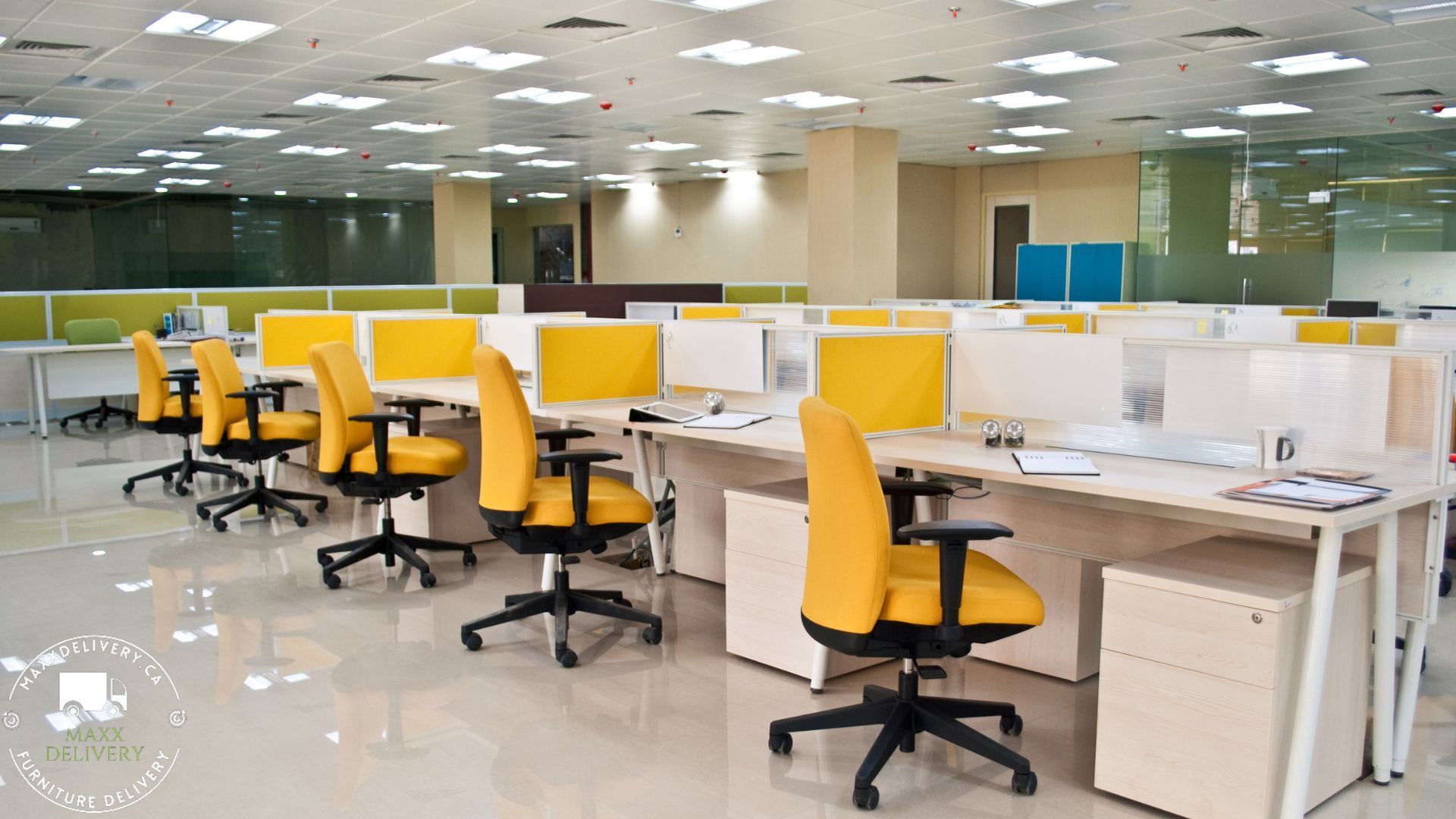
Evaluating Office Furniture Vendors
Finding the right vendor is crucial for a successful furniture purchase. Begin by researching local options in the GTA, focusing on those that offer high-quality, durable products. Customer service is another critical aspect; the ideal vendor should respond promptly to inquiries, provide flexible delivery options, and offer assistance throughout the purchasing process. While staying within budget is essential, don't compromise quality for price. Seek vendors who offer competitive pricing without sacrificing product integrity. Experience matters; vendors with a proven track record of working with small businesses can better understand your unique needs. Lastly, consider sustainability; many vendors now provide eco-friendly furniture options, which can align with your business values.
Can you write off office furniture small business?
You can deduct the costs of small office supplies like pencils, pens, stamps, paperclips, and stationery from your taxes. However, it's important to note that larger items such as desks, chairs, filing cabinets, and calculators are classified as capital assets and are not eligible for these deductions. For instance, if your home has a total area of 1,500 square feet and your dedicated office space occupies 300 square feet, your office accounts for 20% of your home's total size. This percentage can be essential for calculating home office deductions, as it allows you to determine what portion of your household expenses, such as utilities, internet, and insurance, can be attributed to your home office. To maximize your deductions, ensure you keep accurate records of all office supply purchases and relevant household expenses. This will help you substantiate your claims if you're ever audited. By understanding which items qualify for deductions and how to accurately calculate your office's percentage of your home, you can take full advantage of tax benefits while effectively managing your business expenses. Proper documentation and adherence to IRS guidelines are key to ensuring that you can confidently claim these deductions without running into issues.
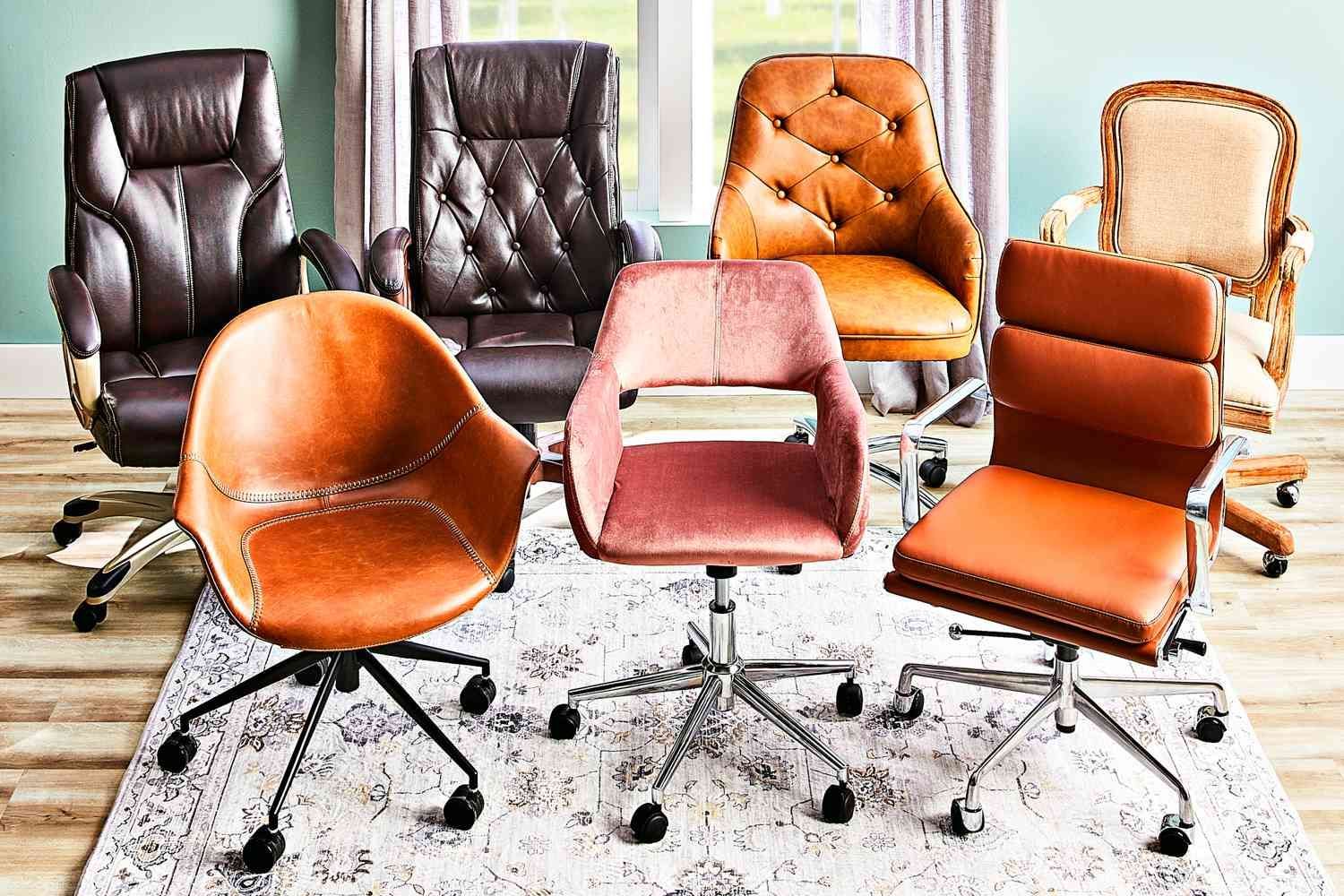
Key Points to Purchasing Office Furniture for Small Businesses
Deciding on purchasing office furniture can be a challenge for small business owners in the Greater Toronto Area (GTA), but making informed decisions is vital for long-term success. By understanding the benefits of quality furniture, such as improved employee productivity and well-being, you can create an environment that fosters collaboration and efficiency. Establishing a clear budget based on your specific needs will help guide your choices while also considering additional costs like shipping and installation. Choosing the right types of furniture, desks, ergonomic chairs, storage units, and reception pieces, ensures that your workspace is both functional and inviting. Remember to prioritize durability and brand reputation when selecting furniture to guarantee longevity and reliability. Evaluating vendors based on customer service, experience, and sustainability will further enhance your purchasing experience, ensuring that you find the best options within your budget. Ultimately, investing in the right office furniture not only enhances the workspace but also reflects your brand's values and culture. By following these key points, you can confidently select furniture that meets your business's needs and sets the stage for growth and success in a competitive marketplace.
MaxxDelivery Moving and Delivery Tips and Blog



